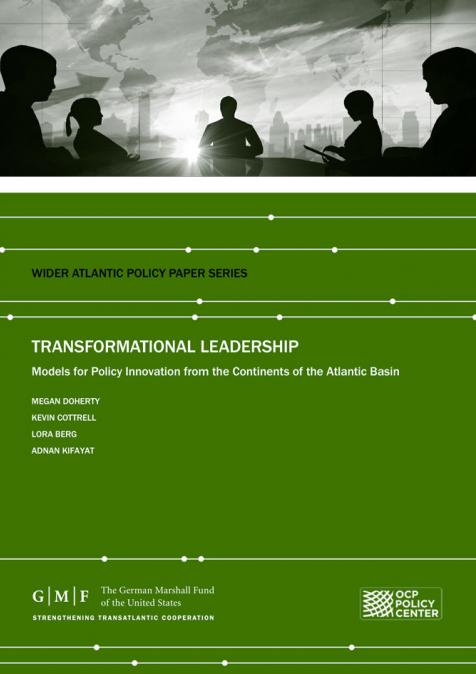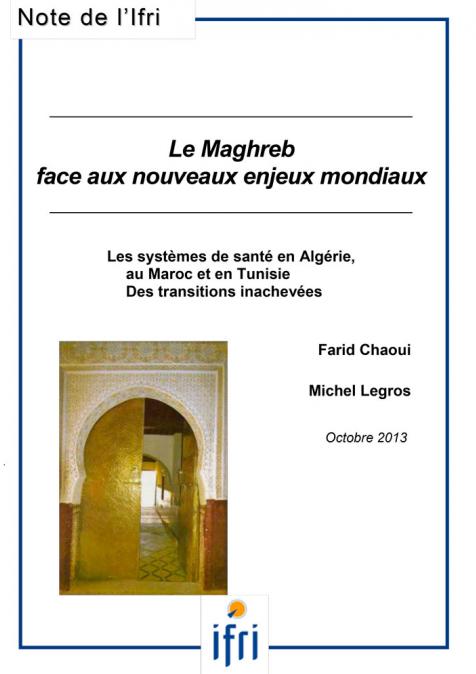Les Mardis du PCNS 16/11/2021: تقييم التزامات المغرب البيئية على ضوء قمة المناخ 26
يخصص مركز السياسات من أجل الجنوب الجديد حلقة برنامجه الأسبوعي "حديث الثلاثاء" لتقييم التزامات المغرب البيئية على ضوء قمة المناخ 26 مع نسمة جروندي، خبيرة في مجال التنمية المستدامة. أعدت مؤسسة تتبع العمل المناخي تقريرا اعتمدت في تصنيفه على أساس مجموعة من التدابير مثل سياسات المناخ المحلية، الإجراء ات العملية، الدعم المالي لتحقيق أهداف الانبعاثات، وغيرها. لكن كشف هذا التقرير أن البلدان التي لديها الأهداف الصارمة ليست في الغالب على المسار الصحيح لتحقيقها، كما أن الكثير منها فشل في تقديم التزامات لعام 2030. في هذا التقرير حصل المغرب على تقييم "كافي نسبيا" في عمله وجهوده لتحقيق الأهداف المناخية، في حين أن كل من الاتحاد الأوروبي، والولايات المتحدة، قد أدخلوا مجموعة من السياسات الجديدة لتحديث أهدافهم المناخية ولكن بشكل عام، لا يزال عملهم المناخي "غير كاف"، بحسب التقرير الذي يتوقع أن تبقى الانبعاثات العالمية عند مستواها الحالي ولن تتغير بقدوم عام 2030، طالما بقيت الجهود على حالها سواء على المستوى التقني، المالي وكذا السياسي. ما الذي يمكن اتخاذه لعدم الوقوع في هذا السيناريو؟ مـن المؤكـد اليـوم أن مواجهـة التغيـرات المناخيـة لا تتأتـى إلا مـن خـلال اسـتراتيجيات منسـجمة ومتكاملـة، لهـذا فـإن المقاربـات المندمجـة القائمـة علـى التفاعـل بيــن مختلــف القطاعــات هــي التــي ســتمكن مــن مراعــاة الأبعــاد الثلاثــة للعدالــة المناخيــة، والمقصــود بهــا الأبعــاد الاجتماعيـة والبيئيـة والاقتصاديـة. من بين مكونات هذا التوجه نجد أن المغرب قد جعل من الاقتصاد الأخضر جزءًا مهمًا من انتعاشه الاقتصادي في سياق عالمي أثرت عليه أزمة كوفيد 19. كيف يمن قراءة هذا الانتقال لهاته الدينامية البديلة؟ وبما أن المغرب يعتبر من الدول الرائدة في تطوير الطاقات المتجددة في إفريقيا، كيف تتم قيادته في مكافحة تغير المناخ في إطار التعاون جنوب جنوب؟ 30 دقيقة تقييم التزامات المغرب البيئية على ضوء قمة المناخ 26 تسيير إيمان لهريش، مسؤولة عن المشاريع بمركز السياسات من أجل الجنوب الجديد المتدخلة نسمة جروندي، خبيرة في مجال التنمية المستدامة










